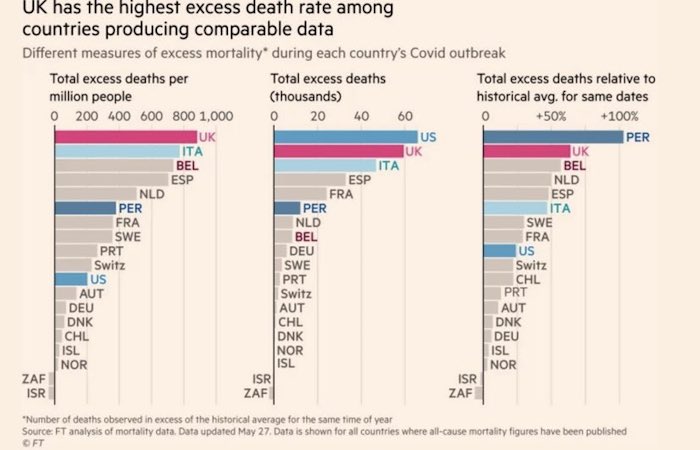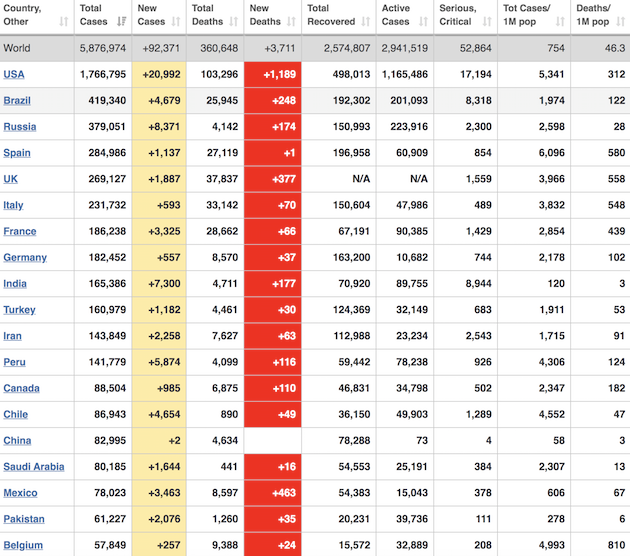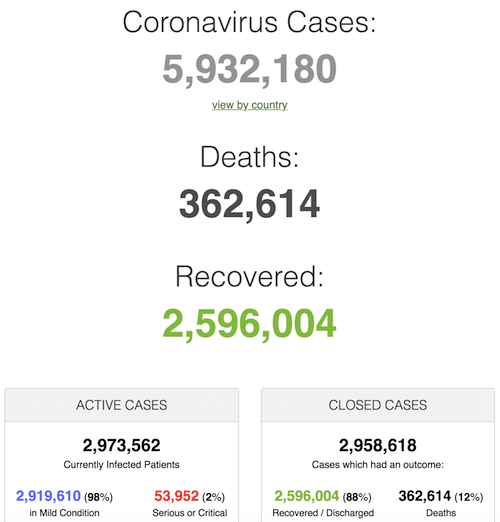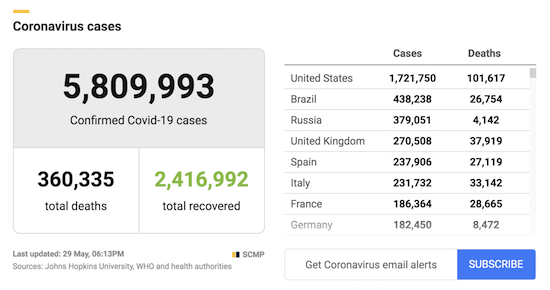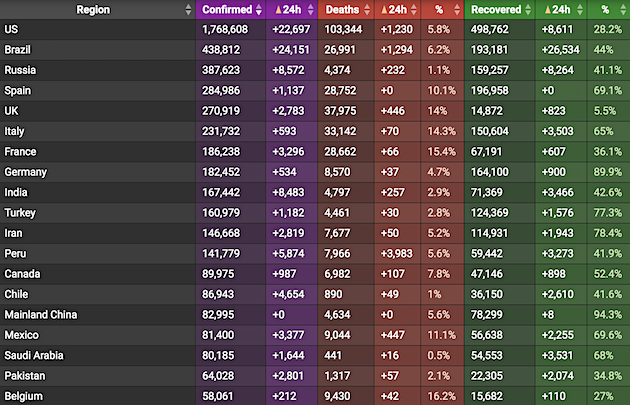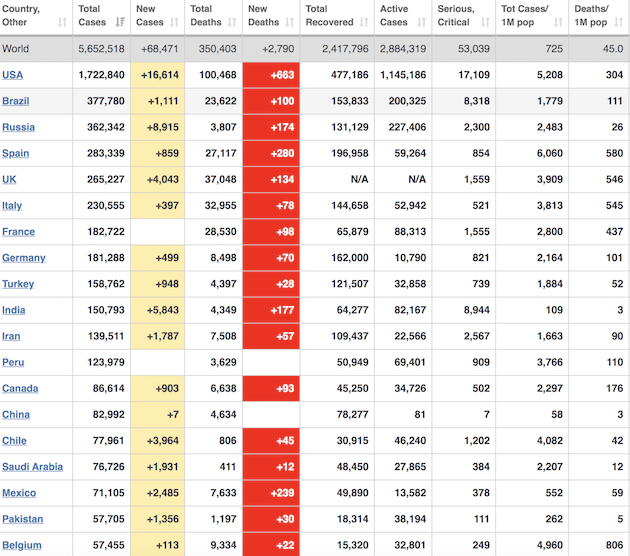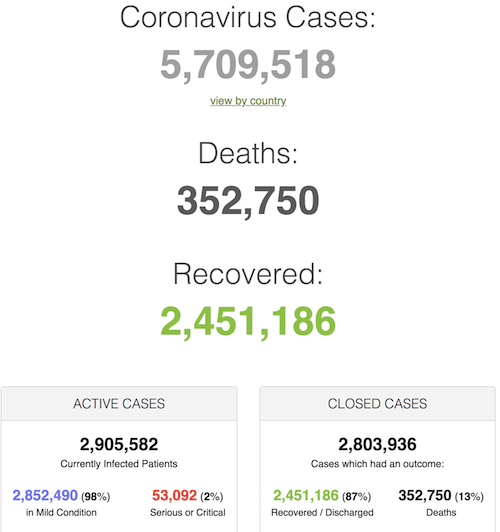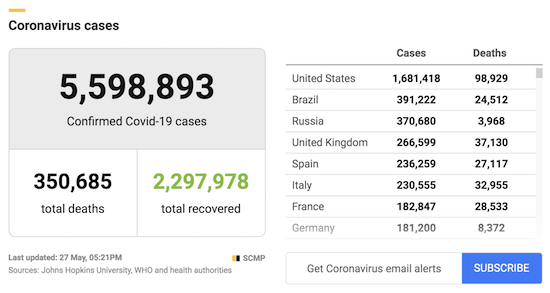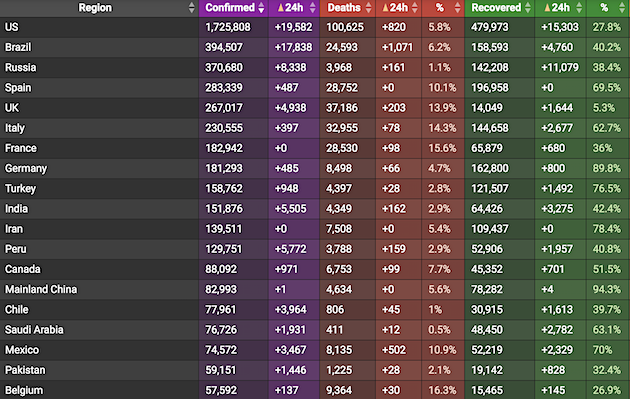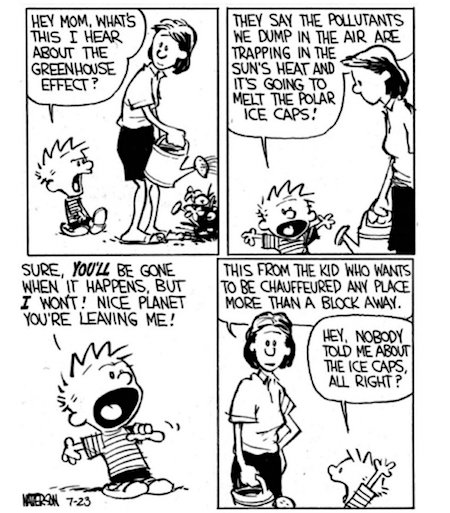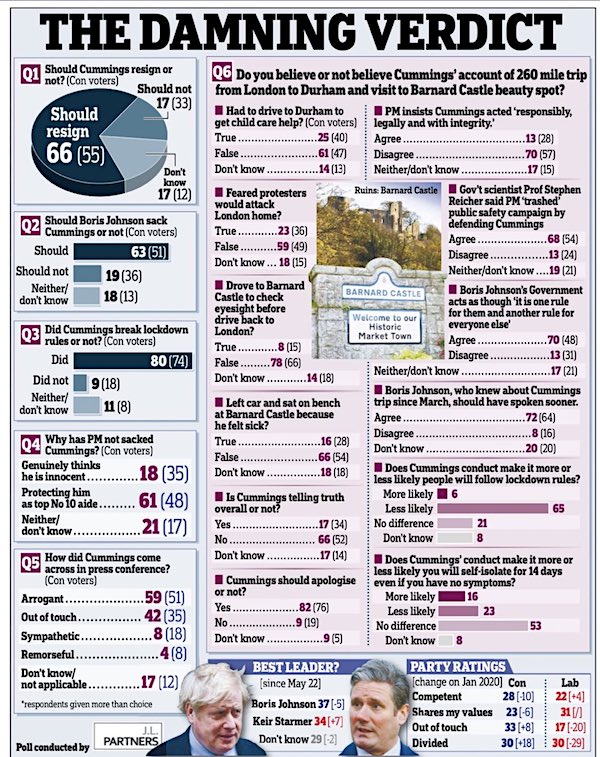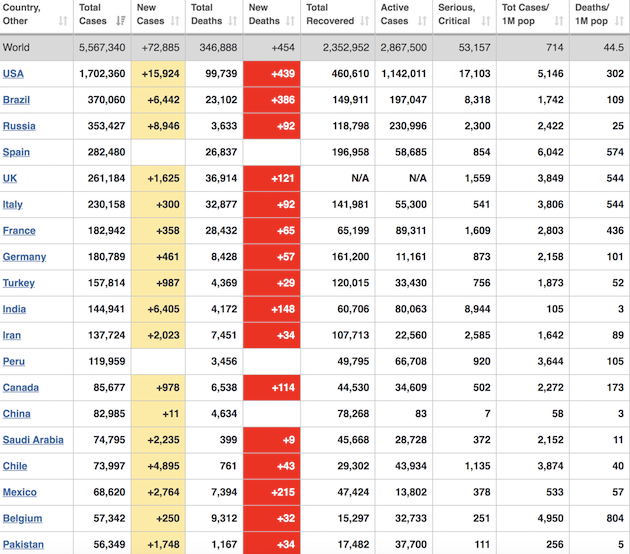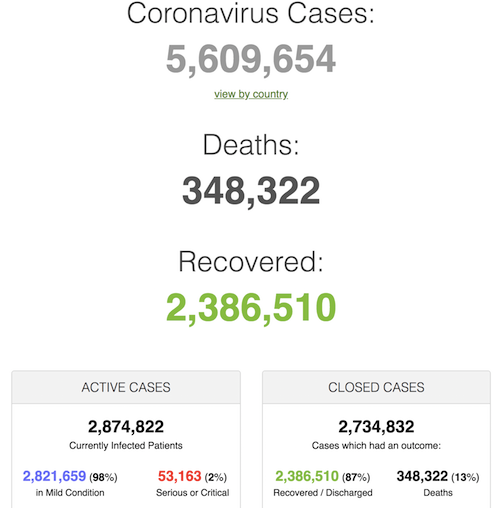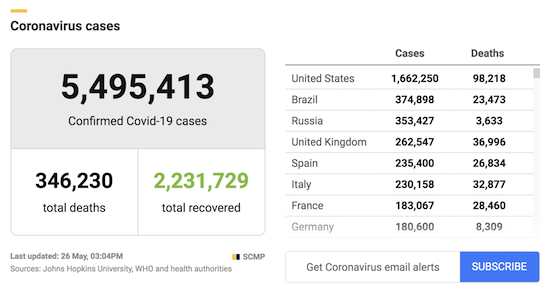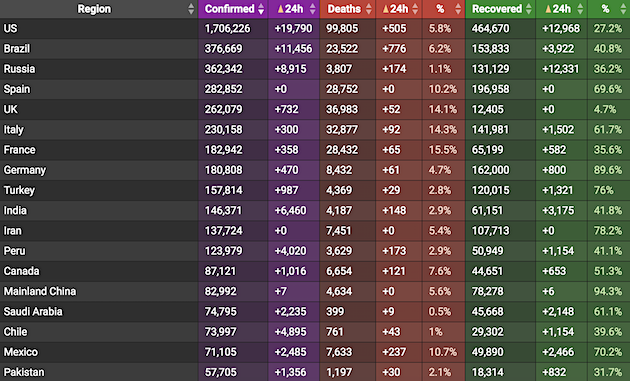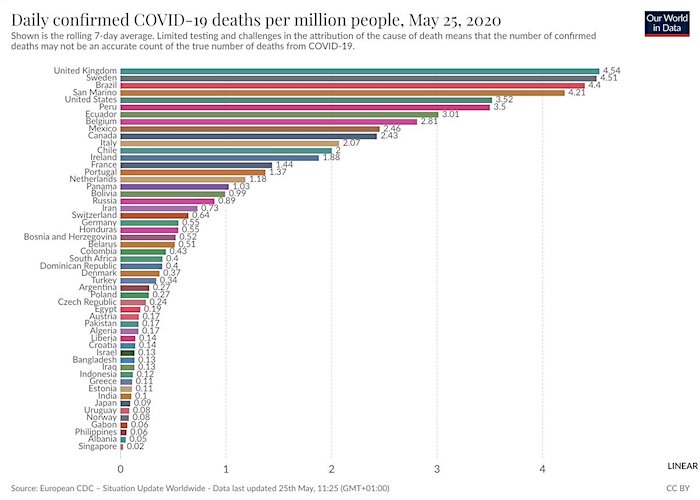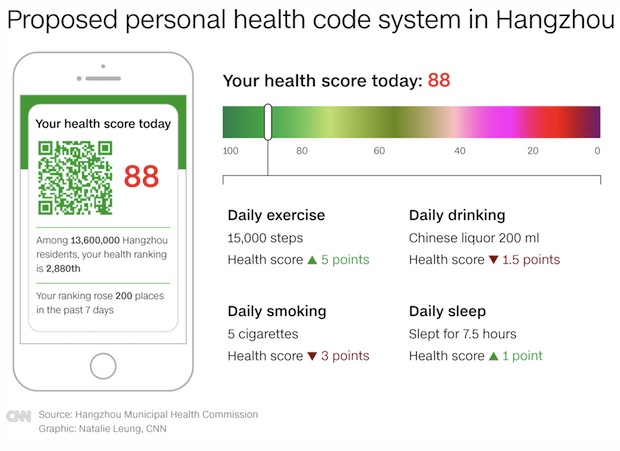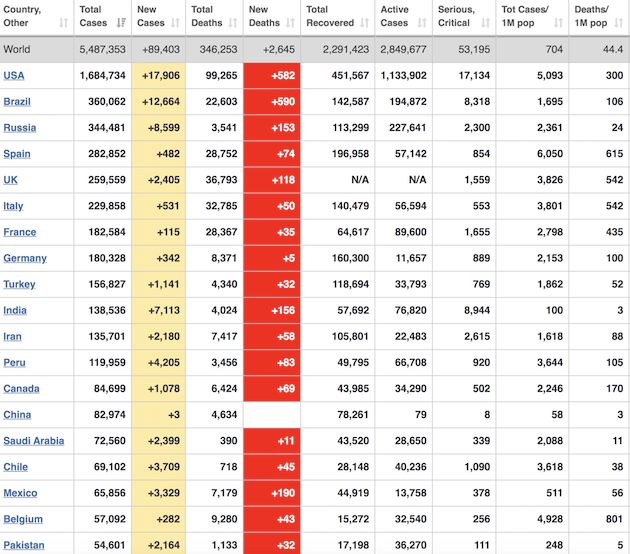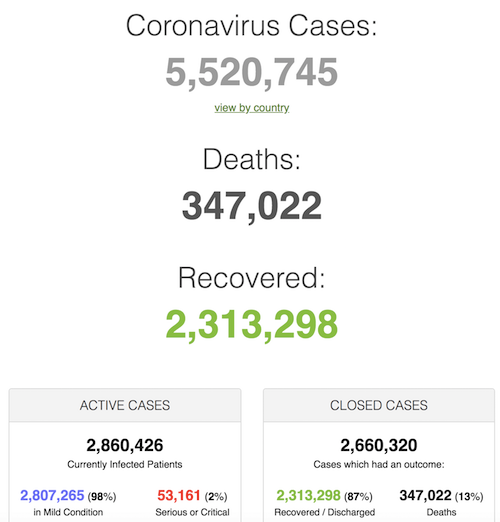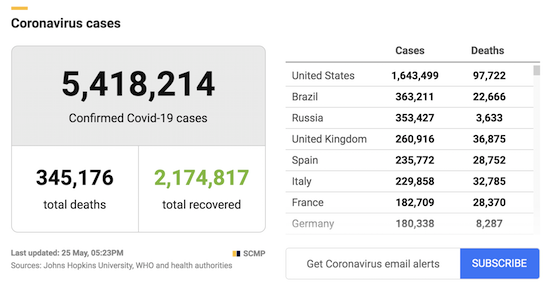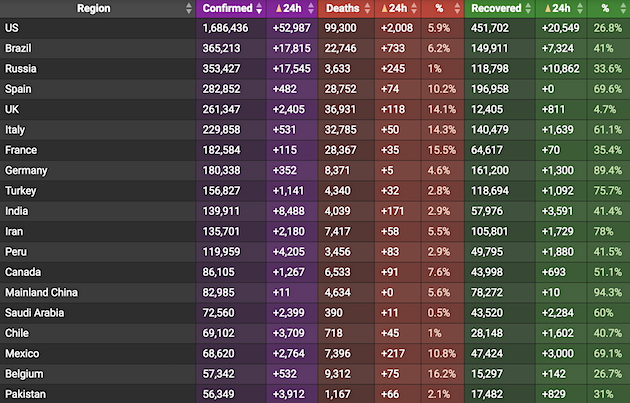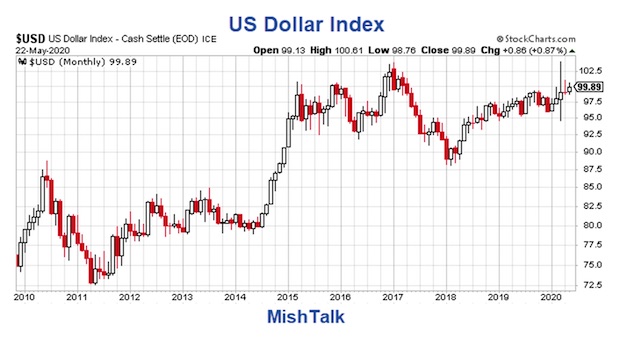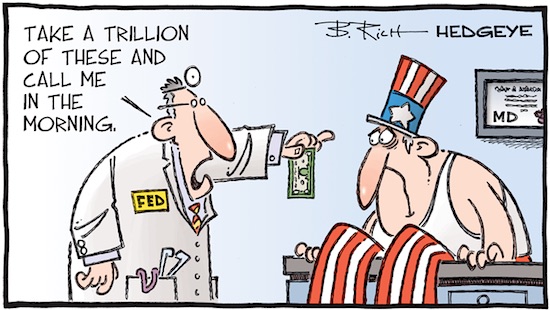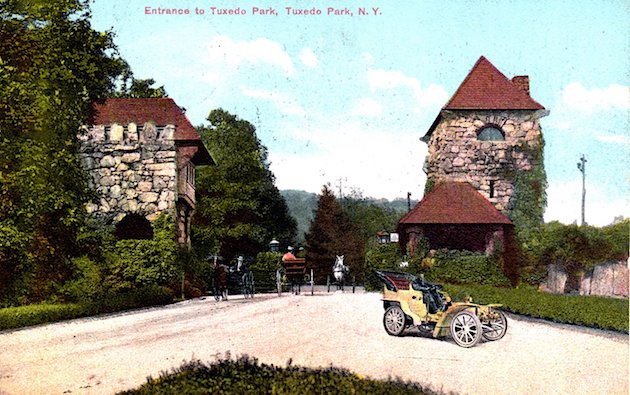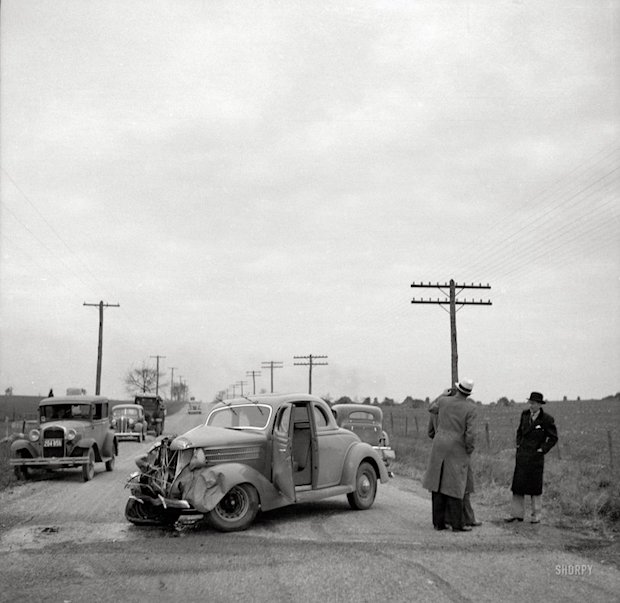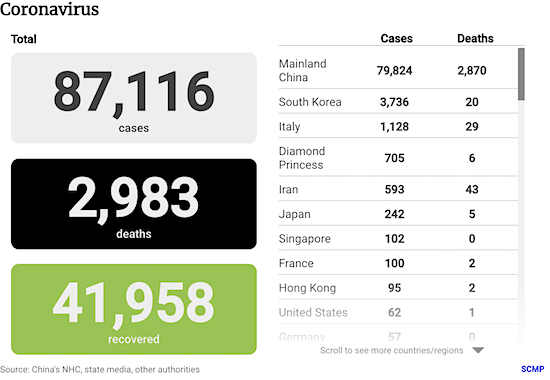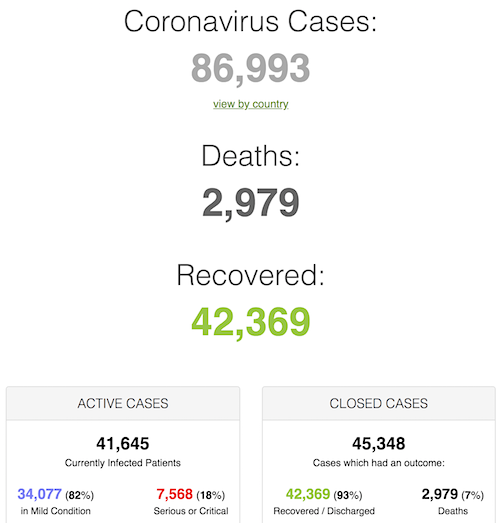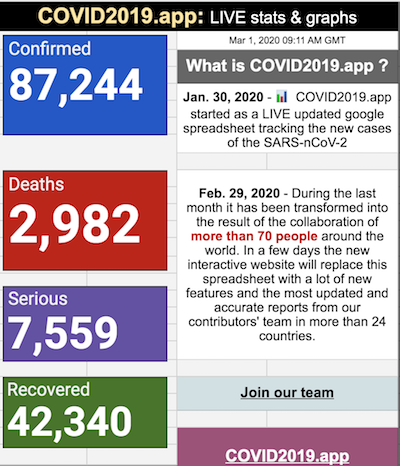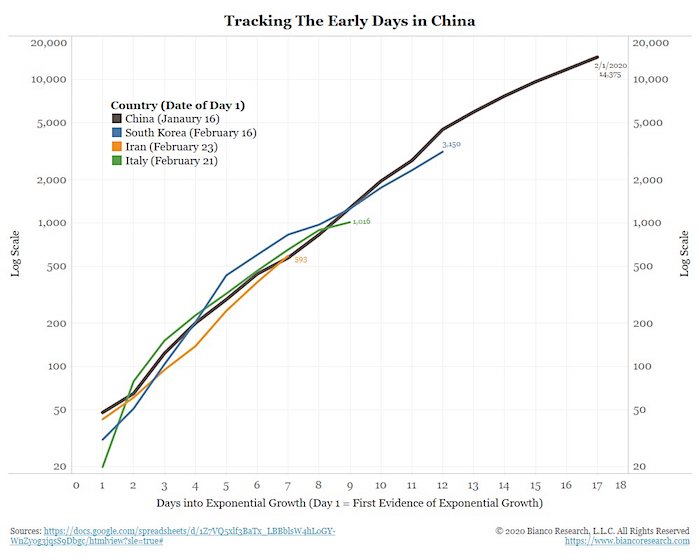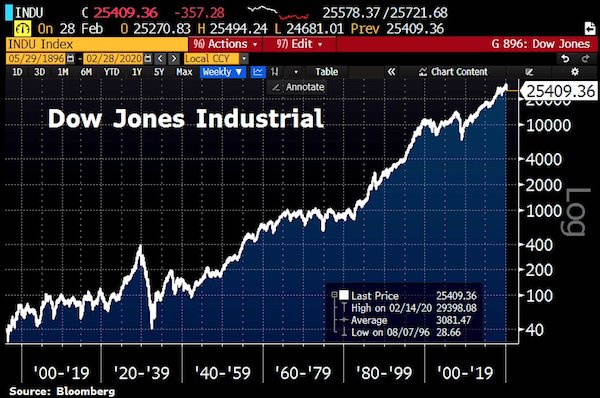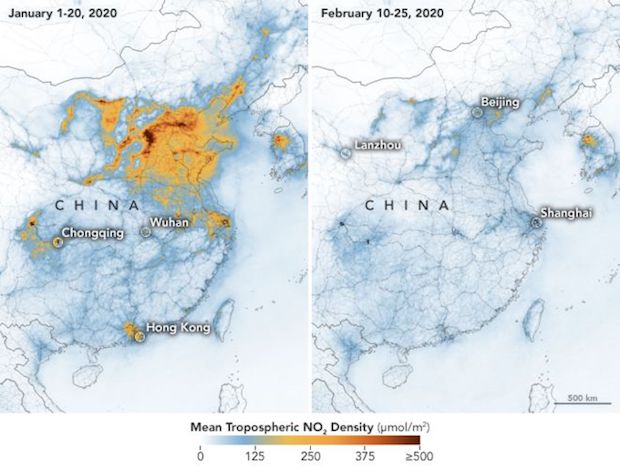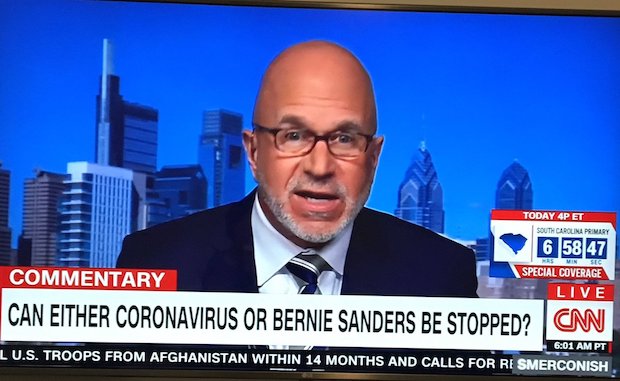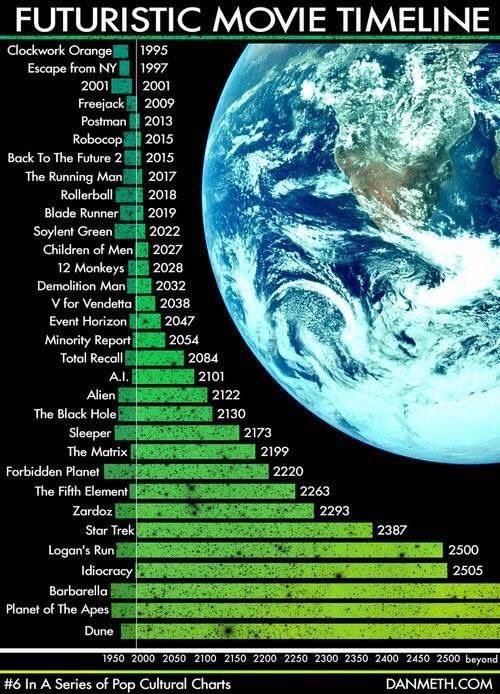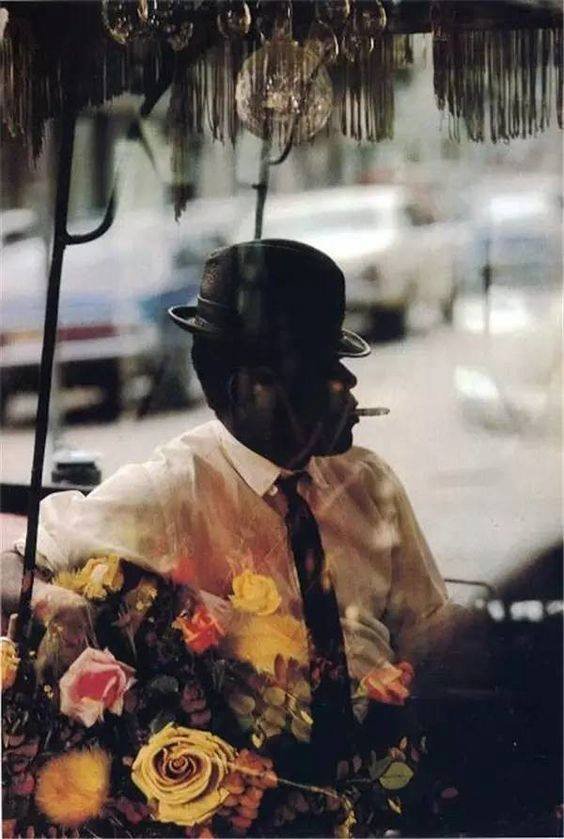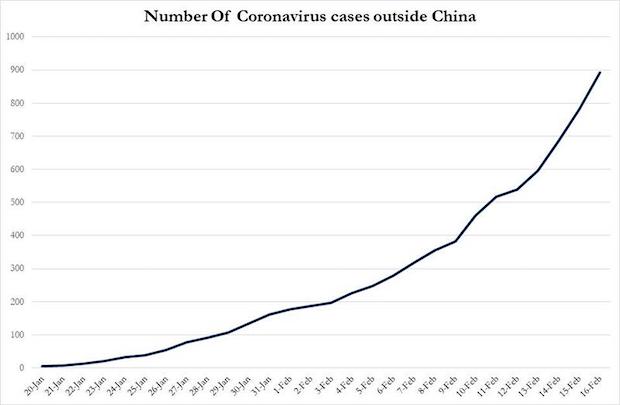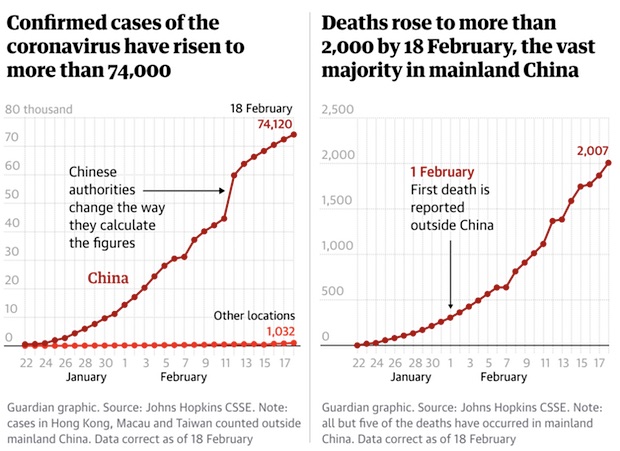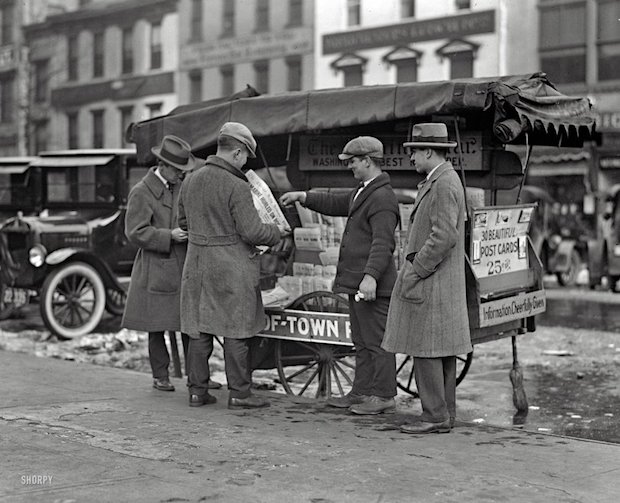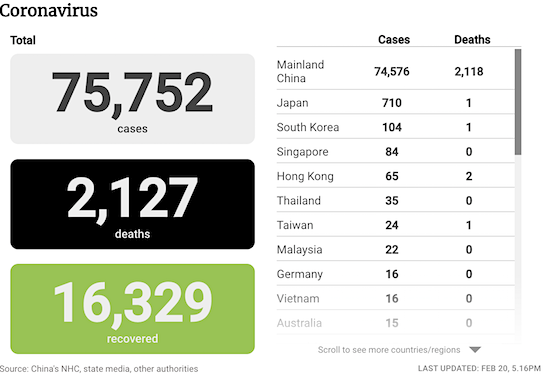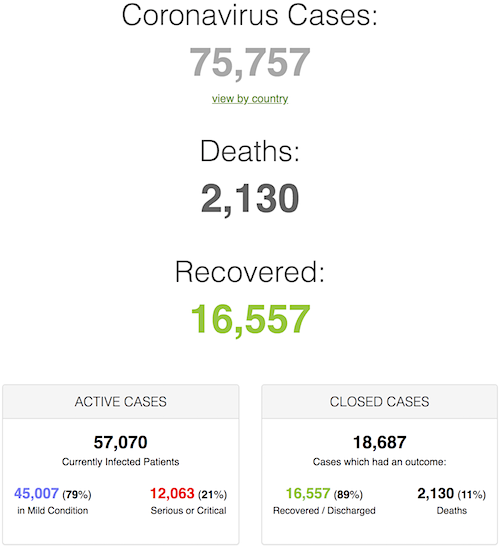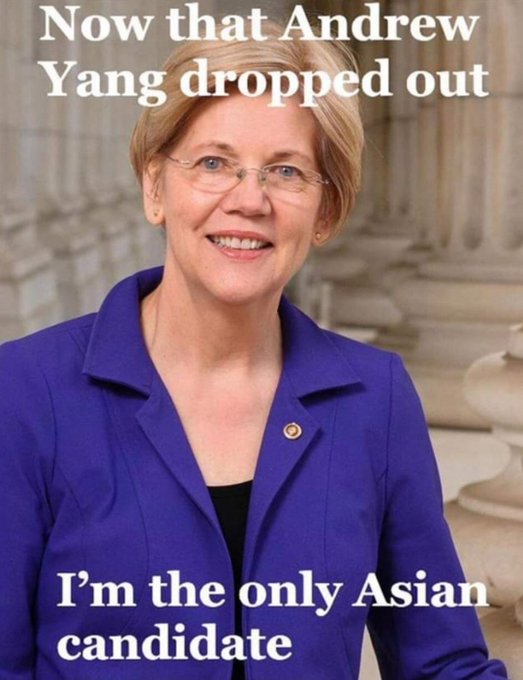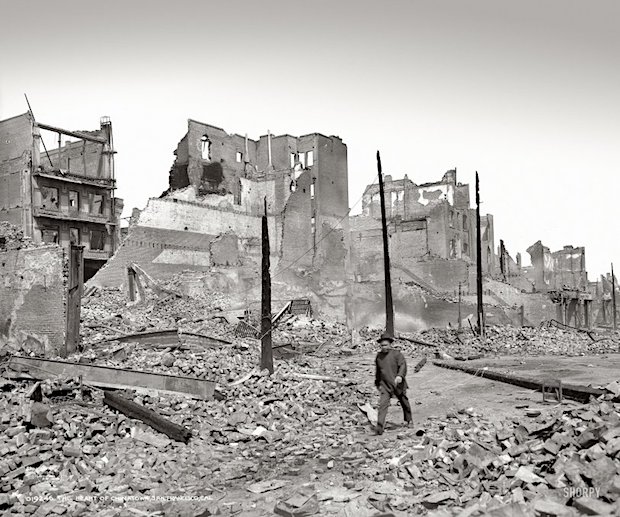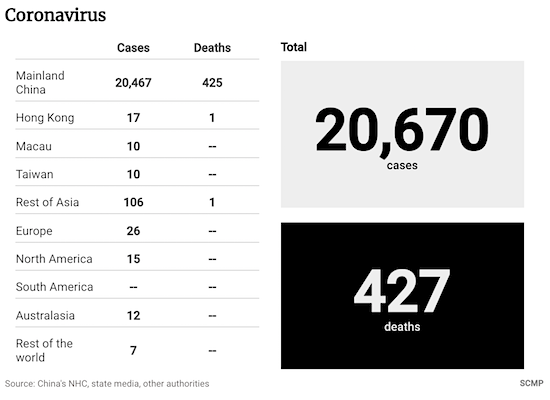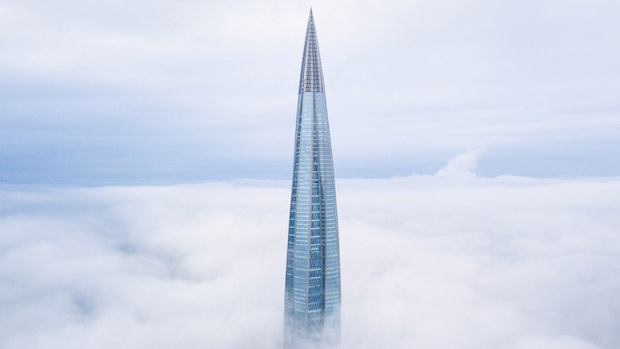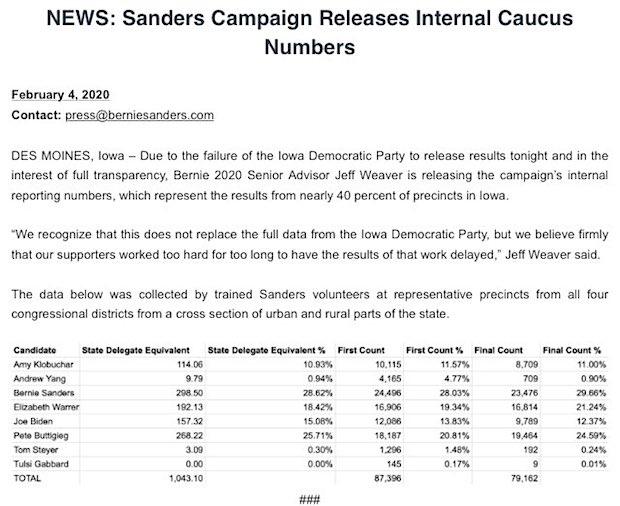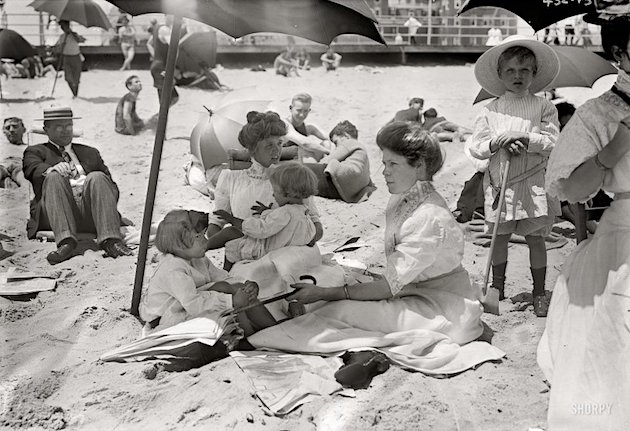
G. G. Bain On beach near Casino, Asbury Park 1911

Worldometer puts global new cases in past 24 hrs at + 121,413. I counted under 80K yesterday, using their numbers.
New cases past 24 hours in:
• US + 20,578
• Brazil + 28,663
• Russia + 8,536
• India + 9,572
• Chile + 4,942
• Pakistan + 4,801

The UK had more COVID19 deaths yesterday than the 27 EU countries combined.
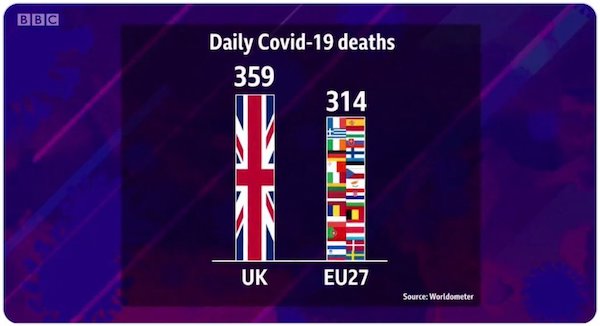

• Cases 6,596,501 (+ 122,212 from Saturday’s 6,474,289)
• Deaths 388,421 (+ 5,507 from Saturday’s 382,914)

From Worldometer yesterday evening -before their day’s close-:
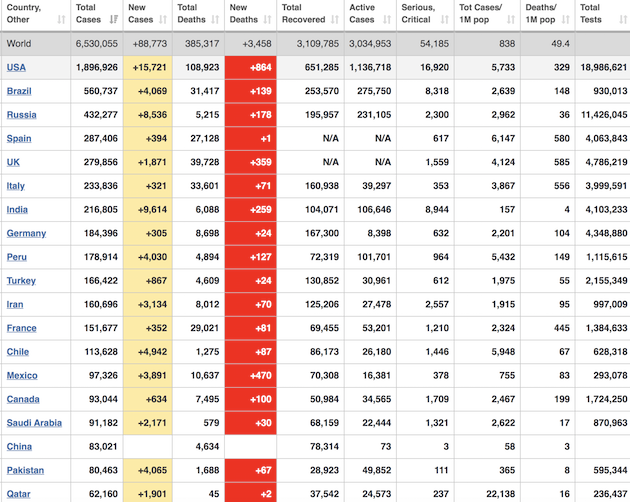
From Worldometer:
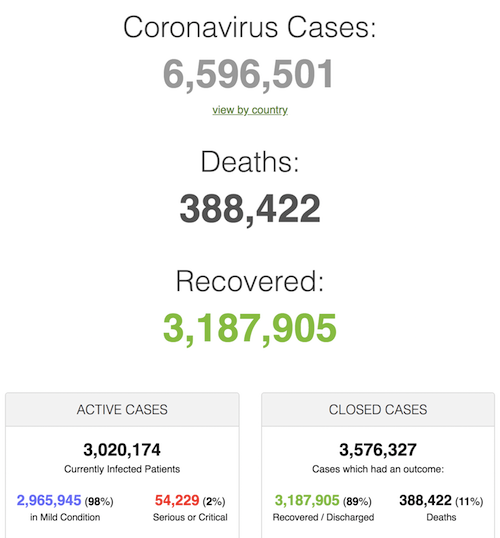
From COVID19Info.live:
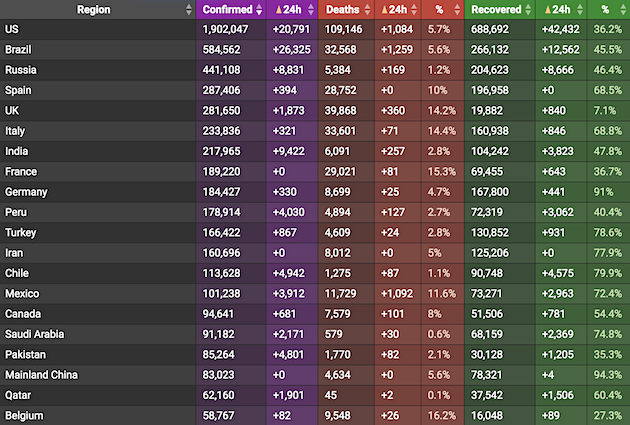

George Floyd’s funeral is expected to have hundreds or thousands of attendees, including high profile politicians like Biden. Meanwhile people have not been allowed to go to their own family members funerals because attendance was capped due to COVID.
— Matt Walsh (@MattWalshBlog) June 4, 2020

This just goes on. WIth one study fully discredited, they seamlessly switch to the next. This time HCQ doesn’t kill, but it’s “ineffective”. Ineffective in what? In preventing infection. Only, no-one ever said it would do that. HCQ and zinc combine to prevent the virus, once you are infected, from doing further and grave damage to your body.
That’s all. When used for malaria, the idea never was that HCQ could prevent infection either. Instead, it helps the body fight the pathogen.
Oh, and if you’re Reuters and you think that after all the articles about HCQ, you still must put “Malaria Drug Touted By Trump” in your headline, I’d say you have a very big bias issue.
• Malaria Drug Touted By Trump Fails To Prevent COVID19 In High Profile Study (R.)
The malaria drug promoted by U.S. President Donald Trump as a treatment for COVID-19 was ineffective in preventing infection in people exposed to the coronavirus, according to a widely anticipated clinical trial released on Wednesday. The new trial found no serious side effects or heart problems from use of hydroxychloroquine. Vocal support from Trump kicked off a heated debate and raised expectations for the decades-old drug that could be a cheap and widely available tool in fighting the pandemic that has infected more than 6.4 million people and killed over 382,000 worldwide. In the first major study comparing hydroxychloroquine to a placebo to gauge its effect against the new coronavirus, University of Minnesota researchers tested 821 people who had recently been exposed to the virus or lived in a high-risk household.
It found 11.8% of subjects given hydroxychloroquine developed symptoms compatible with COVID-19, compared with 14.3% who got a placebo. That difference was not statistically significant, meaning the drug was no better than placebo. “Our data is pretty clear that for post exposure, this does not really work,” said Dr. David Boulware, the trial’s lead researcher and an infectious disease physician at the University of Minnesota. Several trials of the drug have been stopped over concerns about its safety for treating COVID-19 that were raised by health regulators and previous less rigorous studies. “I think both sides – one side who is saying ‘this is a dangerous drug’ and the other side that says ‘this works’ – neither is correct,” said Boulware.

“How many people who might have been helped by the drug, if used properly early in the process, might be alive had countries and doctors not been so discouraged from using it?”
• Big HCQ Study the Media Went Nuts Over Turned Out to Be a Scam (RS)
Hydroxychloroquine is back in the news today after a major study, which was widely touted by the media a few weeks ago, has turned out to be a scam. The study was also used to change coronavirus treatment policies by the World Health Organization. Now, we are learning that that the company that supposedly did the study, and has helped push others, is a front company of some kind. Further, the person who put the data together is not a scientist, but a science fiction author. The studies produced by this company were published by Lancet, a renowned medical journal, and used as evidence to attack Donald Trump with.
Lancet has now issued an “expression of concern,” demanding that the company provide details on their data and methodology. Given what’s already been revealed, you’d think they’d just disown the studies altogether, but I suspect they want to save face. While these studies being frauds is bad, what’s worse is that the media took their message far and wide, literally painting hydroxychloroquine as some kind of death sentence. How many people who might have been helped by the drug, if used properly early in the process, might be alive had countries and doctors not been so discouraged from using it? We may never know the answer to that, though the usual suspects continue to dig in behind their narrative.
This does provide some notion to how flawed the medical journal system is. Why would something like this be published and used to make life and death decisions when Lancet wasn’t even aware of their methodology? It seems rather insane on it’s face.

Time to seriously investigate Surgisphere, who funds it?, and while you’re at it, look at how the Lancet dumped its own standards when it published this. The suggestion that a scifi writer and an adult content provider are behind Surgisphere are a bonus.
• Concerns Mount Over Study Attacking Hydroxychloroquine (JTN)
Two major medical journals have issued alerts that recent scientific data regarding the drug hydroxychloroquine may have significant flaws, with the two journals claiming “substantive concerns” and “significant scientific questions” have been raised regarding the validity of the cited information. A study published on May 22 in the journal The Lancet by medical data analytics company Surgisphere determined that hydroxychloroquine — a drug repeatedly touted by President Trump as a possible viable treatment for the coronavirus — was “associated with an increased risk of in-hospital mortality” when given to COVID-19 patients. A total of 9,273 patients in the study received some form of hydroxychloroquine treatment. Patients given that drug, the study concluded, are also more likely to experience “de-novo ventricular arrhythmia,” a condition in which the heart beats irregularly.
Those conclusions so alarmed the World Health Organization that it announced at the end of last month that it would be pausing its own hydroxychloroquine trials “while the data is reviewed by the Data Safety Monitoring Board.” Barely a week after that announcement, serious questions are beginning to arise surrounding the study by Surgisphere. The World Health Organization has since resumed its hydroxychloroquine trials. The Lancet and the New England Journal of Medicine, meanwhile, have both signaled concerns over Surgisphere’s data and analytical methods. A breakdown of the alleged problems surrounding the Surgisphere study — as well as questions regarding the company itself — was published late last month by medical student James Todaro at his website “Medicine (Un)Censored,” an aggregator of COVID-19 news that heavily touts the purported benefits of hydroxychloroquine in treating the disease.
Todaro wrote on the website that the Surgisphere study had numerous data issues, including overcounting COVID-19 deaths on the Australian continent as well as the study’s claim that it included in its dataset nearly every single hospitalized COVID-19 patient in North America. The study also “reports patient data from Africa that requires sophisticated patient monitoring technology and electronic medical record systems,” factors Todaro clams are unlikely to be present in sufficiently high numbers in many African hospitals.

The WHO is an empty facade.
• WHO Set To Resume Hydroxychloroquine Trial In Battle Against COVID19 (R.)
The World Health Organization will resume its trial of hydroxychloroquine for potential use against the coronavirus, its chief said on Wednesday, after those running the study briefly stopped giving it to new patients over health concerns. The U.N. agency last month paused the part of its large study of treatments against COVID-19 in which newly enrolled patients were getting the anti-malarial drug to treat COVID-19 due to fears it increased death rates and irregular heartbeats. The study continued with other medicines. But the WHO’s director-general, Tedros Adhanom Ghebreyesus, said its experts had advised the continuation of all trials including hydroxychloroquine, whose highest-profile backer for use against the coronavirus is U.S. President Donald Trump.
“The executive group will communicate with the principal investigators in the trial about resuming the hydroxychloroquine arm of the trial,” Tedros told an online media briefing, referring to WHO’s initiative to hold clinical tests of potential COVID-19 treatments on some 3,500 patients in 35 countries. The WHO’s decision to suspend its trial prompted others to follow suit, including Sanofi, which said on May 29 it was suspending recruitment for its trials. A Sanofi spokesman said the company would review available information and run consultations in the coming days to reassess its position following the WHO’s latest decision on Wednesday. The WHO’s chief scientist, Soumya Swaminathan, called for other trials of the drug to proceed. “We owe it to patients to have a definitive answer on whether or not a drug works,” she said, adding that safety monitoring should also continue.

Hoe much longer for Bolsonaro?
• Brazil Sets Record For Daily Coronavirus Deaths, Beating Tuesday (R.)
Brazil registered a record number of daily deaths from the coronavirus for the second consecutive day, according to Health Ministry data released on Wednesday. The nation recorded 1,349 new coronavirus deaths on Wednesday, and 28,633 additional confirmed cases, the data showed. Brazil has now registered 32,548 deaths and 584,016 total confirmed cases.

As the country opens up, airlines cut flights. But of course.
• US Airlines Gain Final Approval To Drop Services To 75 Domestic Airports (R.)
Fifteen U.S. airlines were granted final government approval on Wednesday to temporarily halt service to 75 domestic airports as travel demand has been crushed due to the coronavirus pandemic. The U.S. Transportation Department said all airports would continue to be served by at least one air carrier. Despite some objections to a tentative list made public on May 22, the government did not make any changes.The U.S. airline industry has been awarded $25 billion in government payroll assistance grants to help weather the pandemic. While carriers must maintain minimum service levels to receive the assistance, many petitioned to stop service to airports with low passenger demand. The department has previously allowed some airlines to halt service to some airports and rejected other requests.
Both United Airlines and Delta Air Lines won approval to halt flights to 11 airports. Allegiant Air was allowed to halt service to six airports, while JetBlue, Alaska Airlines, Spirit Airlines and Frontier Airlines gained approval to stop flights to five airports each. U.S. air carriers have said they are collectively burning through more than $10 billion in cash a month as travel demand remains a fraction of prior levels. They have parked more than half of their planes and cut thousands of flights. Cities that Delta can halt service to include Aspen, Colorado; Bangor, Maine; Santa Barbara, California and Flint, Michigan. United can halt service to airports including Chattanooga, Tennessee; Hilton Head and Myrtle Beach, South Carolina as well as Key West, Florida.

The 15% is a good indication of how long of a battle this will be.
• Qantas To Boost Domestic Capacity To 15% Of Normal By End Of June (R.)
Australia’s Qantas Airways and Air New Zealand on Thursday outlined plans for significant boosts to domestic capacity as pandemic-related travel restrictions ease, sending their shares higher. Qantas said it would lift domestic capacity to 15% of pre-pandemic levels by the end of June, up from 5% now. The airline said more flights are likely in July depending on travel demand and further opening of state borders, with the ability to increase to up to 40% of pre-crisis capacity by the end of July. Air New Zealand said it would raise domestic capacity to 55% of normal levels during July and August, up from 20% after a strict nationwide lockdown was lifted in May.
Qantas shares were trading 5% higher at 0240 GMT, while Air New Zealand shares were up 4.8%. Australia and New Zealand have both reported few new COVID-19 cases in recent weeks. Qantas Chief Executive Alan Joyce said there was pent-up demand for domestic air travel. “We are already seeing a big increase in customers booking and planning flights in the weeks and months ahead,” he said in a statement.

Hubert Horan has 40 years of experience in the management and regulation of transportation companies (primarily airlines). Horan currently has no financial links with any airlines or other industry participants
• What Will it Take to Save the Airlines? (Horan)
Coronavirus has created the greatest challenge the airline industry has ever faced. For the large legacy carriers serving intercontinental markets, the threat is comparable to the meteor that caused massive climate change and drove dinosaurs into extinction. While the industry was clearly viable prior to coronavirus, it faced a number of serious competitive and financial issues that will impede efforts to deal with the impact of the coronavirus meteor. The industry requires major, painful restructuring. Baring staggering increases in taxpayer subsidies (beyond the $60 billion already pledged in the US), it is unclear how most (perhaps any) of these carriers survive under current ownership in anything like their current form. None of the needed changes are even being discussed within the industry at this point, and the processes needed to manage the needed restructuring do not currently exist.
Airline economics depend critically on extremely high capacity utilization. Small changes have huge profit leverage. US airlines filled 85% of their seats in 2019 (up from 58% when the industry was deregulated and 70% 20 years ago). Once an airline has committed to the costs of operating a given schedule, almost all of the lost revenue from a shortfall of passengers directly reduces the bottom line. Coronavirus-driven traffic losses have been vastly larger than anyone could have ever imagined. Traffic through TSA checkpoints in US airports was down 96% versus the year before in mid April and 88% in mid-May. While the industry had faced demand shocks in the past (9/11 in the US, various wars, the original SARS outbreak in Asia), none were global in scope, and none were seen as driving permanent declines in demand. Never before has flying on an airplane required accepting serious medical risk.
In a recent poll only 23% of US travelers thought flying on an airplane was safe. While no one knows what will happen, this analysis assumes that there is no widely available vaccine and no reliable way to prove individual immunity during 2020. Perhaps infection rates decline gradually and economic activity gradually increases. Perhaps there are new outbreaks and efforts to reopen the economy are put on hold. Perhaps economic activity declines seriously as companies realize that recent losses are unsustainable, and major new waves of layoffs and bankruptcies occur. But the idea of a rapid, “V-shaped” recovery to the January status quo seems wildly improbable.

No Tiananmen square commemoration, but a vote over a bill that would criminalise disrespect of China’s national anthem. Happy days. [UPDATE: the law passed].
• Protest Disrupts Hong Kong Legislative Debate Over China Anthem Bill (R.)
Police and firefighters entered Hong Kong’s legislature on Thursday after two pro-democracy lawmakers threw foul-smelling liquid to protest against China’s “murderous” crackdown by Chinese troops in and around Tiananmen Square 31 years ago. Lawmakers Eddie Chu and Ray Chan rushed to the front of the chamber during a debate over a controversial bill that would criminalise disrespect of China’s national anthem, splashing the reeking fluid as guards grappled with them. Police and firefighters later arrived on the scene. “A murderous state stinks forever. What we did today is to remind the world that we should never forgive the Chinese Communist Party for killing its own people 31 years ago,” Chu said later, before he and Chan were removed from the chamber.
A final vote on the bill is expected later on Thursday with people in Hong Kong set to commemorate the bloody 1989 crackdown by lighting candles across the city. For the first time, police have banned an annual vigil to mark the event that is usually held in downtown Victoria Park, citing the coronavirus outbreak. The disruption in the legislature came after pro-establishment lawmakers vetoed most amendments to the anthem bill proposed by democrats. If passed, the bill could punish those who insult the anthem with up to three years jail and/or fines of up to HK$50,000 ($6,450). It states that “all individuals and organisations” should respect and dignify the national anthem and play it and sing it on “appropriate occasions”.

You know the oddest thing about this? HSBC backs a law without knowing what’s in it. Not only hasn’t it been released yet, it’s still being drafted.
This is the biggest bank in Europe. Maybe it should no longer be.
• HSBC Breaks Silence And Backs National Security Law For Hong Kong (SCMP)
HSBC has broken its silence and offered its support for the national security law that Beijing is drafting for Hong Kong, days after a former city chief who is now a state leader criticised the banking giant for not making its stance on the legislation clear. It posted an article on HSBC China’s WeChat account on Wednesday, with the headline saying the group’s Asia-Pacific CEO had signed a petition supporting the new law. The article noted that the Hong Kong Association of Banks had already issued a statement saying the law would contribute to a stable business environment and raise investor confidence in the city.
“As a key member of the association, HSBC reiterates that under the ‘one country, two systems’ principle, it respects and supports all laws that stabilise Hong Kong’s social order and boost the economy to develop prosperously,” it said, referring to the framework under which Beijing governs the city. The HSBC group is headquartered in London. It is the biggest bank in Hong Kong and Europe and is dual-listed in the city and London. China’s top legislature, the National People’s Congress, announced on May 21 that its standing committee would draft a tailor-made national security law for Hong Kong. The law is likely to be passed by August, with Beijing identifying it as a necessity amid anti-government protest violence and perceived external interference. It aims to prevent, stop and punish secession, subversion of state power, terrorism and foreign interference in Hong Kong, but opposition politicians and critics warn it could be used to suppress dissent and erode long-standing freedoms.

The Senate questioning is not the main dish. But it’s an okay starter. Let’s see them squirm and turn on each other.
• Rosenstein Points Clear Finger At FBI (JTN)
Former Deputy Attorney General Rod Rosenstein made clear in his Senate testimony he is no Harry Truman or Janet Reno, two larger-than-life Washington figures from yesteryear who embraced the idea that no matter what went wrong on their watch the bucks stops at the top. During three-plus hours of uncomfortable interrogation by Republicans and Democrats alike, Rosenstein repeatedly tried to blame others – the FBI and its former deputy director Andrew McCabe often – for failures in a Russia probe he personally supervised. Rosenstein testified he would not have signed the Foreign Intelligence Surveillance Act warrant targeting Trump adviser Carter Page for a fourth time in summer 2017 if the FBI had just told him about exculpatory evidence.
He acknowledged the Robert Mueller special counsel probe went on for 18 more months after the FBI knew, by August 2017, that there was no evidence of collusion between the Trump campaign and Russia during the 2016 election. And he claimed the FBI kept him in the dark about the fact that its field agents had recommended closing down an investigation of Trump national security adviser Michael Flynn all the way back in January 2017. McCabe, the former deputy director and acting director of the FBI, “was not fully candid with me,” Rosenstein said in explaining how he could be so in the dark on so many critical Russia probe issues. Rosenstein’s performance before the Senate Judiciary Committee on Wednesday frustrated many of the committee’s members.
“He acted like he wasn’t responsible and, you know, that it was somebody else’s responsibility to verify these facts,” Sen. Josh Hawley, R-Mo., said on Fox News after the testimony. Texas Sen. Ted Cruz, R-Texas, took Rosenstein to task during the middle of the hearing. “You came into a profoundly politicized world and yet, all of this was allowed to go forward under your leadership,” Cruz said. “That, unfortunately, leads to only two possible conclusions—either you were complicit in the wrongdoing, which I don’t believe was the case, or that your performance of your duties was grossly negligent.” Rosenstein could only muster this in response: “You always wish you could have done more.”
https://twitter.com/i/status/1268238790184894466
Testifying before a Senate panel, former Deputy Attorney General Rod Rosenstein defended his 2017 decision to appoint Special Counsel Robert Mueller to investigate Russian election interference https://t.co/8xTbtA6DTP pic.twitter.com/mcasmt3Q6L
— Reuters (@Reuters) June 4, 2020

Question is: did Rosenstein?
• Rosenstein: Trump Did Not Commit ‘A Crime That Warrants Prosecution’ (JTN)
Former Deputy Attorney General Rod Rosenstein on Wednesday appeared before the Senate Judiciary Committee at an oversight hearing about the Crossfire Hurricane investigation and denied that he has ever suggested removing President Trump from office using the 25th Amendment to the U.S. Constitution. “I did not suggest or hint at secretly recording President Trump,” Rosenstein also said during questioning from Democratic Sen. Mazie Hirono. The Hawaiian senator blasted the hearing as a ploy to bolster President Trump’s “conspiracy theories and to help the president’s reelection” and said that it “wastes this committee’s time.”
Hirono asked Rosenstein if he concurred with Attorney General Barr’s statement in a letter to Congress, in which Barr wrote that, “Deputy Attorney General Rod Rosenstein and I have concluded that the evidence developed during the Special Counsel’s investigation is not sufficient to establish that the President committed an obstruction-of-justice offense.” “Did Attorney General Barr accurately present your view regarding the obstruction of justice?” Hirono asked.
“Senator I do not believe that the evidence collected by the special counsel warrants prosecution of the president, that is correct,” Rosenstein replied. The senator pressed the issue of the letter again and asked Rosenstein if he concurred “that there was no obstruction of justice involved?” Rosenstein responded to the senator, reiterating his previous response: “Yes, I do not believe that the president committed a crime that warrants prosecution. And that’s the issue that we review as prosecutors.”
.@GenFlynn’s career was ruined by the @FBI because he supported @realDonaldTrump.
But Andrew McCabe, caught lying under oath at least 3 times, is a free man working at @CNN and never faced any criminal charges. It’s time to end the double standards. pic.twitter.com/J4uhgoLMML
— Sen. Marsha Blackburn (@MarshaBlackburn) June 3, 2020
.@TedCruz completely exposes how Barack Obama and Joe Biden “unleashed, weaponized, and politicized the Department of Justice, the FBI, and the Intelligence Community” to go after @realDonaldTrump.pic.twitter.com/Y6LPujxAUX
— Ronna McDaniel (@GOPChairwoman) June 3, 2020

People read this as if it’s something serious. But the US hasn’t led the world in many decades. The leader of the free world doesn’t bomb Syria, Libya, Iraq.
• With US In Crisis, Germany Reluctant To Be ‘Leader Of The Free World’ (SCMP)
Germans have long viewed the United States as a protector of human rights and democracy around the globe, the undisputed leader of the free world. But many have recoiled in horror at America’s chaos in the last week since the killing of black man George Floyd by police in Minneapolis, which US president Donald Trump threatened to end with military force. The demonstrations have resonated in Germany, a deeply pacifist nation for which military force is anathema. Thousands have protested in front of the US embassy in Berlin and elsewhere, as demonstrations against racism and US police brutality spread in other countries including Britain, France and Australia.
The eruption of violence across the United States, coupled with the disorder in dealing with the Covid-19 pandemic there, has fed into angst in Berlin and other capitals that the United States has lost its way and could be inexorably abdicating its status as leader of the free world. That could create an ominous vacuum that neither Germany nor the European Union is equipped to handle or eager to fill. “Germany is not the leader of the free world,” Juergen Hardt, the head of foreign policy affairs in parliament for Chancellor Angela Merkel’s conservatives, told South China Morning Post, flatly making clear that Europe’s leading nation has no such aspirations.
“There are certainly signs that America is losing the unity and virtues that long made it so strong,” the close Merkel ally and unabashed supporter of tight and trusted transatlantic relations added with a heavy heart. “The whole world always had the faith that America could resolve its issues in the end. You always had a sense that they’d figure it out at some point. That’s why there’s always been such enormous confidence in the United States. There are doubts growing about that now.”

“The news has come as a great surprise to Liberal Minister Peter Dutton, who had completely forgotten he owned nine houses when he helped make the decision. ”
• Nation Feigns Surprise At Government Handout To Rich Homeowners (Chaser)
The nation has put on its best surprised face today, upon learning that the Liberal government has chosen to give the next round of stimulus money to rich homeowners, in order to help them increase the values on their properties. “Wow never saw that coming,” sighed one Australian today. “I’ve always said the one industry that really needs propping up in this country is the housing market. Absolutely nobody there is getting rich off that already. Glad we could give those battlers a hand up.” The news has come as a great surprise to Liberal Minister Peter Dutton, who had completely forgotten he owned nine houses when he helped make the decision.
“Gosh, the government wants to give thousands of dollars to me, a struggling home owner?” blushed Dutton. “Why this is even better than that handout to child care owners a few months back, which coincidentally also benefited me. Good golly, what are the odds.” Asked what they had planned for the thousands of entertainment industry and tourism industry workers who were currently now entering their third month of unemployment, the government said they already had plans underway to retrain them as real estate agents, to help boost the country’s much more needy housing industry.

We try to run the Automatic Earth on people’s kind donations. Since their revenue has collapsed, ads no longer pay for all you read, and your support is now an integral part of the interaction.
Thank you.

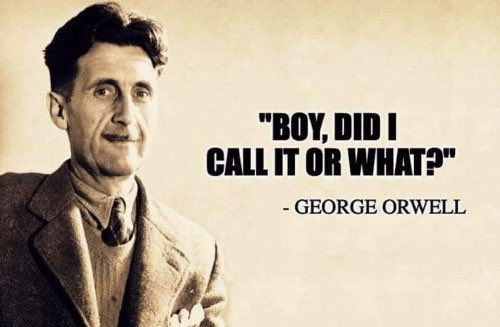

History says, Don’t hope
On this side of the grave,
But then, once in a lifetime
The longed-for tidal wave
Of justice can rise up
And hope and history rhyme.
– Seamus Heaney

Support the Automatic Earth in virustime.



